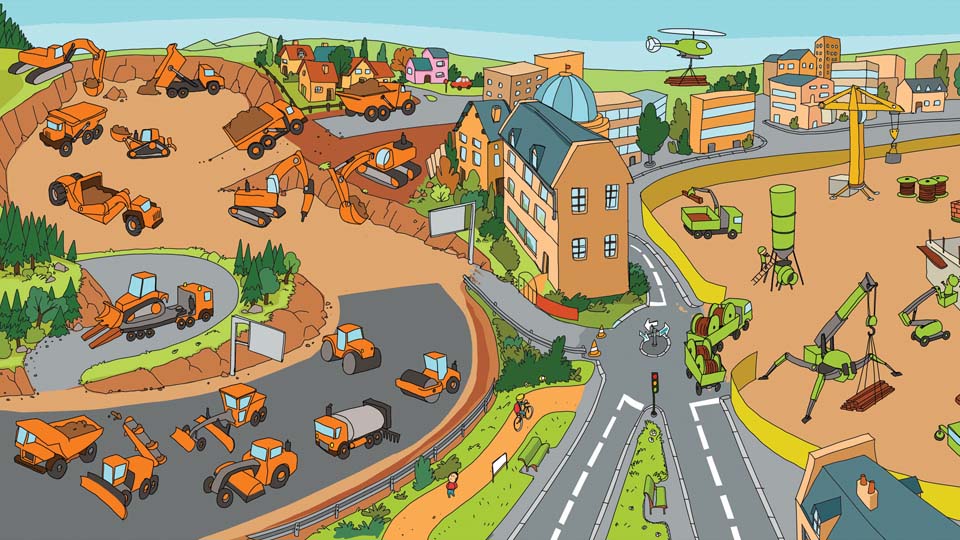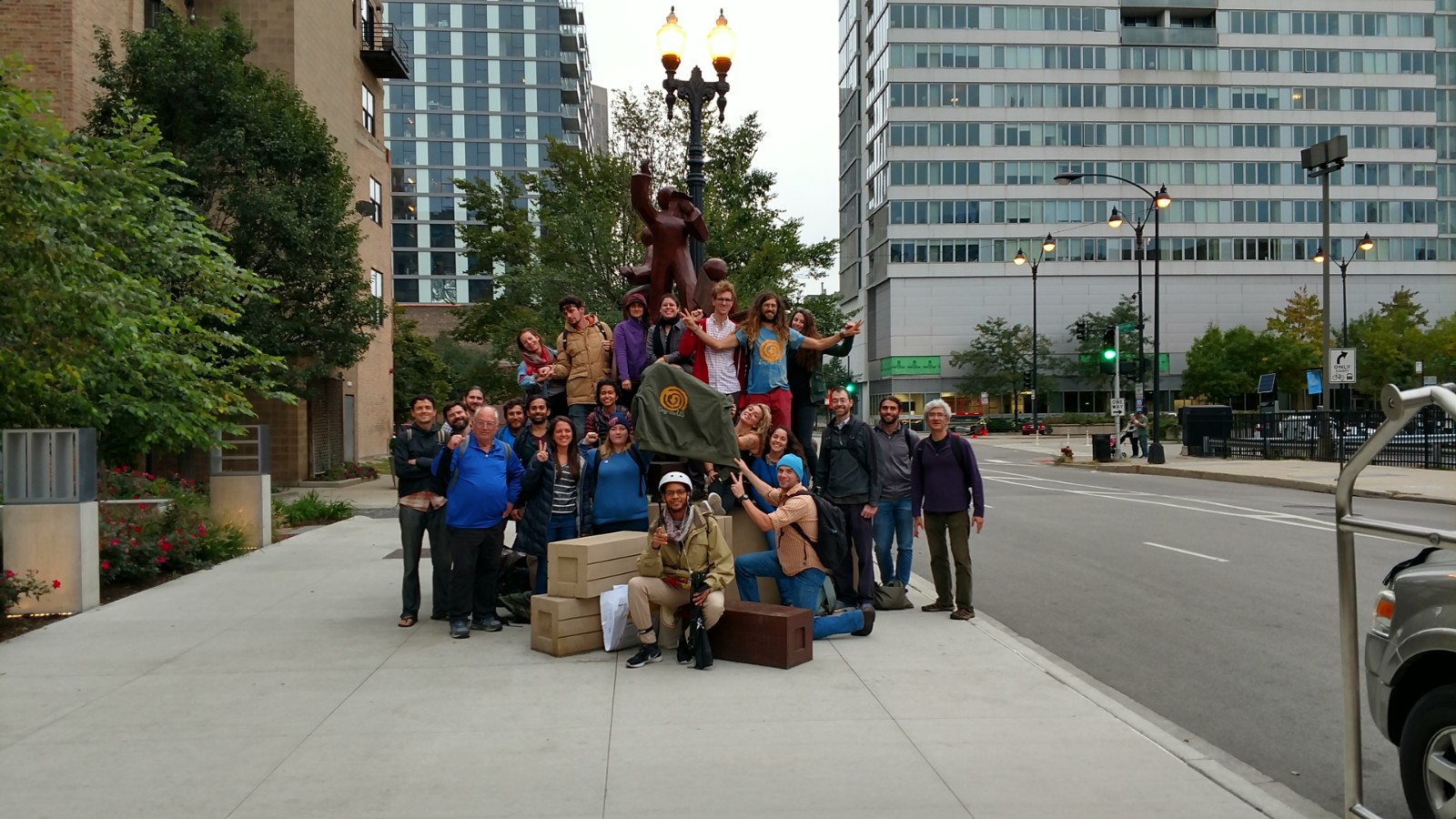By Chris Ward
Despite attending the conference, not everyone will fully understand what ‘Degrowth’ is, or the multitude of related terms that will be mentioned during the conference. Thankfully the first session on the schedule, offered by Federico Demaria and Giacomo D´Alisa was ideally suited for getting your knowledge up to scratch.
Judging by audience responses to the question “What is Degrowth?” there isn’t a concrete definition yet, but one is needed to make the term more understandable to the wider world. Currently ‘Degrowth’ is more of an intersection of several concepts, we need to be clearer with our vocabulary to emphasise ‘different’, not ‘less’.
‘Degrowth’ was first mentioned as a term by Gorz and later by Roegen and Grinevald in the 1970s
Degrowth lost some interest in 80s and 90s due to the prevailing neo-liberal thoughts of the era. It re-entered the public’s interest in the 00s especially around Europe and Latin America in some of the more traditionally activist countries and those worst hit by the Global Financial crisis.
Leipzig is 4th international conference on Degrowth, and now the term is being mentioned in mainstream media, academic courses and articles.
Let’s break apart the vocabulary apart a little…
The Limits of Growth

Degrowth poses a fundamental challenge to a Labour Party that has yet to decide how far it wishes to transcend – and not merely reform – a growth- oriented, capitalist political economy. The British Labour Party has seen a resurgence of radicalism since the 2007-8 financial crash. With the collapse of the authority of neoliberalism, a space has opened for alternative ideologies, theories and...

“When you told your friends and family you were going to a degrowth gathering, they asked, ‘What is degrowth?’ How did you respond?” The 2018 degrowUS gathering from September 28-30 2018 in Chicago began with this question. The first day’s thirty-odd attendees wrote their responses on sticky notes as they scraped the last bites of lunch off the dishes the event’s organizers had told them to ...
By Friederike Habermann Growth is no option, considering that an absolute decoupling of growth and resource use has historically proven impossible – This position unites everybody who contributes to the Degrowth-conference. In the media too there is an increasing presence of growth critique. Even the German liberal weekly newspaper “Die Zeit” (No. 10/2013) ends an editorial on this topic sayin...